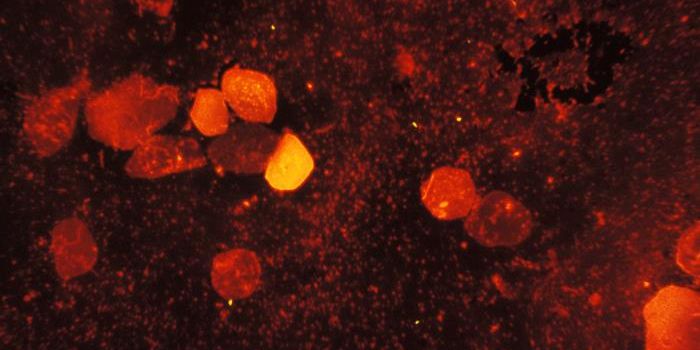Drug that lowers blood sugar also reduces blood vessel dysfunction caused by aging
Cardiovascular diseases (CVDs) are the leading cause of death globally, taking an estimated 17.9 million lives each year. CVDs are a group of disorders of the heart and blood vessels and include coronary heart disease, cerebrovascular disease, rheumatic heart disease and other conditions. More than four out of five CVD deaths are due to heart attacks and strokes, and one third of these deaths occur prematurely in people under 70 years of age. Therefore, doctors and scientists are constantly trying to find new treatments to help reduce cardiovascular diseases.
In a recent study published in GeroScience, researchers at the University of Missouri School of Medicine examined how an FDA-approved drug to lower blood sugar in adults with Type 2 diabetes also may decrease blood vessel dysfunction associated with aging.
Researchers initially examined the role aging plays in human blood vessel function and stiffness. Then they evaluated how treatment with the sodium glucose co-transporter 2 (SGLT2) inhibitor empagliflozin (Empa) improved blood vessel function and reduced arterial stiffness in aged male mice.
"Cardiovascular disease is the main cause of death in older adults in the U.S.," said Camila Manrique-Acevedo, MD, associate professor of medicine. "Weight loss, physical activity, antihypertensive therapy and lipid-lowering drugs have shown variable effectiveness at improving blood vessel function and reducing arterial stiffness. But additional approaches are needed to improve vascular health in older adults."
The study first compared blood vessel function and stiffness in 18 healthy human patients -- average age of 25 -- with 18 patients who averaged 61 years old. They found the older patients had impaired endothelial function and increased aortic stiffness when compared to the younger patients.
"Our findings in young and older adults confirm previous clinical data demonstrating the impact of aging on blood vessel function and arterial stiffness," Manrique-Acevedo said. "Importantly, we were able to replicate this data in a rodent model."
In order to investigate the effects of Empa on vascular aging, 72-week-old male mice were divided into two groups. Twenty-nine were fed for six weeks with a diet enriched with Empa, while the other half were given standard food. After analyzing both groups six weeks later, researchers discovered the mice treated with Empa experienced improved blood vessel function, reduced arterial stiffness and other vascular benefits.
"To our knowledge, this is the first study to examine the potential role of SGLT2 inhibition in reversing vascular aging," Manrique-Acevedo said. "And our findings highlight the need for further clinical investigations to determine the potential role of SGLT2 inhibition as a therapeutic tool to delay or reverse vascular aging in humans."
Sources: World Health Organization, GeroScience









